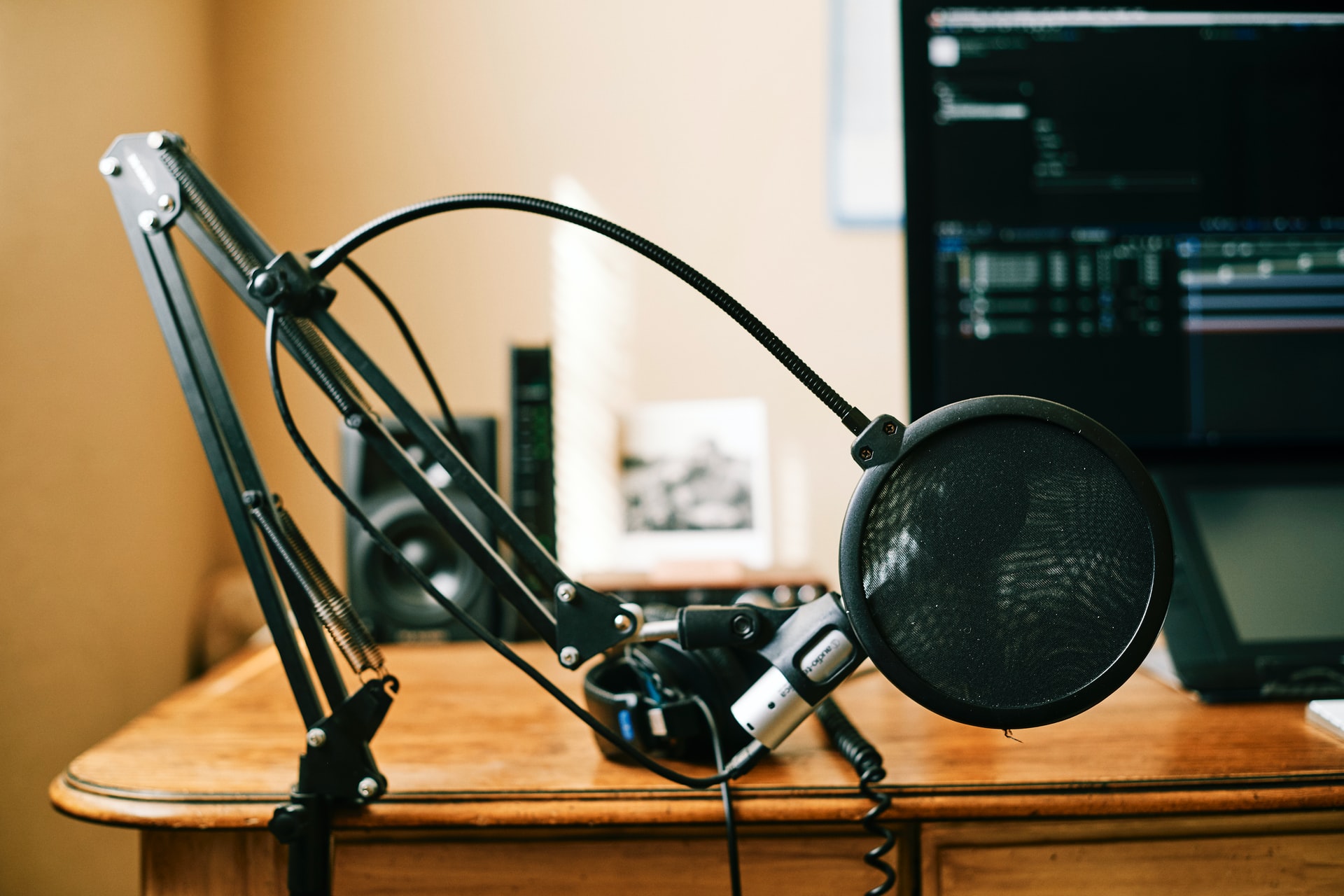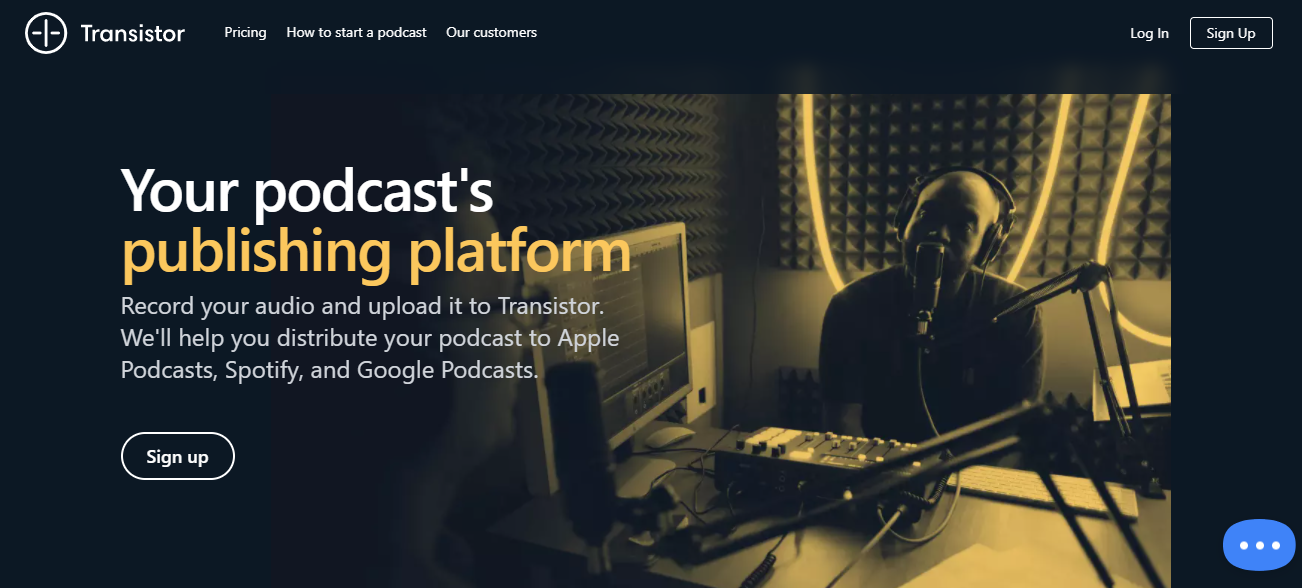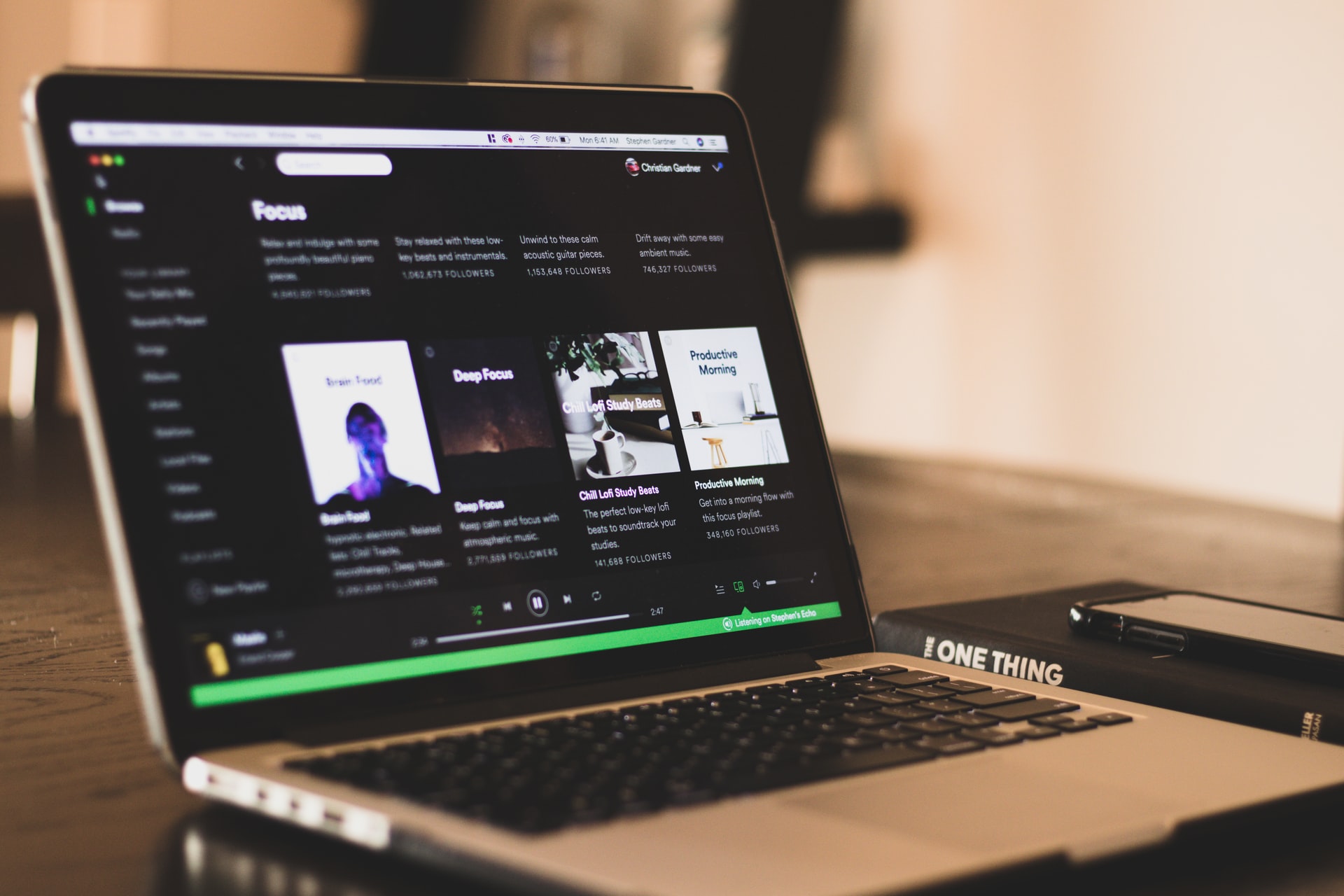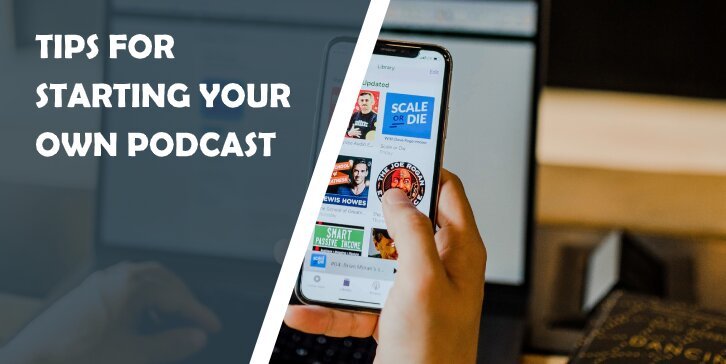Podcasts have become immensely popular over the last few years, and to no one’s surprise. They give people the ability to keep up with their interests in a casual way by listening (or watching) to people they like. It’s a new form of entertainment that only continues to grow as time goes on.
The best part about podcasts is probably that you can listen to them anywhere, on your way home from work, when you’re taking a walk, or just cleaning around the house.
Podcasts provide quality content, and more often than not, fill you in on your hobbies or news regarding a specific field in under an hour. That’s just one of the reasons why more and more people are considering starting their own podcast; they want to talk about what they love with like-minded people every week and have a possibility of making money out of it.
If you’re one of them and think you have what it takes to run a successful podcast, but you don’t know where to start, keep on reading and let our tips help you in the process.
1. Talk about something you’re passionate about
Our first tip might not be of technical nature; however, it’s rather important to mention.
You should always ask yourself why you’re doing something, especially if you’re looking to start a career in the entertainment business.
Remember, it’s going to be a whole lot harder entertaining others if all you see are potential dollar signs.
2. Make sure to find your niche
Even though this is something you do in the very beginning, it’s still going to impact the entirety of your future work.
Check out some other podcasts and see if the market is already oversaturated with what you want to do. If so, maybe consider doing something similar but in a niche market with a more specific target audience.
This is a vital step for a beginner because if you enter into a field that’s already overflowing, your podcast’s chances of showing up in search results become a lot slimmer.
3. Get yourself proper equipment
What equipment you need will vary based on whether you’re planning on having just an audio podcast or you intend on filming it as well.
Audio is arguably the most important technical aspect of your podcast. In other words, good audio quality is everything.

There’s plenty of options when it comes to audio equipment ranging from entry-level ones, such as the Samson Q2U (one of the most popular microphones for new podcasters) to high-quality professional ones like Blue Yeti.
If you don’t have the money to get both a camera and a mic at first, you can always do audio-only podcasts and add video later on when you build an audience.
4. Find the best way to record and edit
There are quite a few tools that you can use to edit your podcasts, get rid of white noise, and cut out any mistakes or mishaps. This is an extra important step that turns you from an amateur into a professional.
One of the most popular editing tools used by many big podcasters is ProTools. This software has everything you could possibly need, from recording and editing, to sound mastering features; however, all of these amenities come with a hefty price tag.
So, if you’re just starting out and can’t afford something like this, GarageBand is a feasible free option. It has plenty of useful features, and it’s very easy to use, making it ideal for beginners.
5. Choose a good host
A podcast host is basically a place where you store and through which you distribute your files. Your host provides you with an RSS feed (a list of your podcast episodes) that you later submit to other platforms.
The most popular podcast host is Transistor, and for a good reason. It has everything you could possibly need, and more.

However, with a long list of great features comes quite a big price tag. So, if you’re just starting out, check out hosts like Anchor or PodBean, both of which have free plans and are extremely user-friendly.
6. Build a solid website
Besides just recording and uploading your podcast, you’ll need a good website that people can visit to find out more about you and your brand.
That website also needs a hosting provider, and Bluehost tends to be quite popular with beginners as it’s simple, effective, and rather cheap. Plus, you get a free domain name for the first year.
After covering the basics, get yourself a great theme and finish off that perfect website that will represent you.
7. Get a good monetization plan
Once you’ve got everything set up and are ready to roll, you’ll need to find a way to make money off of your podcast. Some of the most popular ways are: asking for donations directly, having paid membership tears (mostly done through Patreon), and including sponsorships or ads in your podcast.

Some podcast hosting software solutions can help you do this more easily; for instance, PodBean allows you to connect your account directly to your Patreon page, and bCast makes it extremely simple to add in ads or sponsorships.
8. Brand yourself
While it might seem counterintuitive initially, going with something more simple when branding your podcast might be your best shot.
This step is a lot like search engine optimization (SEO); most of your audience is going to find you either through a Google search or via iTunes/Spotify, which means that choosing a simple name and logo while throwing a few keywords into the mix might not be such a bad idea.
Just don’t overdo it with a million hashtags and keywords because that’s probably going to have the opposite effect.
9. Distribute
Getting your podcast distributed is just as important as the content of the podcast itself. You can pay your hosting platform to do it automatically for you, or you can choose to do it yourself.
Most podcasts these days are found either on iTunes or Spotify, but recently more and more platforms have started to dip their toes into the world of podcasting.

Amazon Podcasts is one such example, along with GooglePlay, and even Stitcher. So put your podcast on as many platforms as possible to get the best results.
10. Do proper marketing
No matter how good your content might be, you won’t get far without marketing it properly.
There are hosts out there that will automatically share your podcast episodes on all your social media and send out a notification every time you publish a new one.
Along with that, you should also build a decent mailing list and create attractive marketing material that will capture your audience’s attention. Canva is a very popular tool that you can use to create logos, graphics, as well as a bunch of other marketing material your podcast might need. Plus, it has a free version to get you started.
Conclusion
We hope you found our tips useful and that now, you feel prepared to start your podcasting adventure. If you know of some other tips we might have missed, be sure to leave them in the comments below!
Keep reading the article at WP Pluginsify. The article was originally written by Editorial Staff on 2021-01-06 08:37:34.
The article was hand-picked and curated for you by the Editorial Team of WP Archives.

